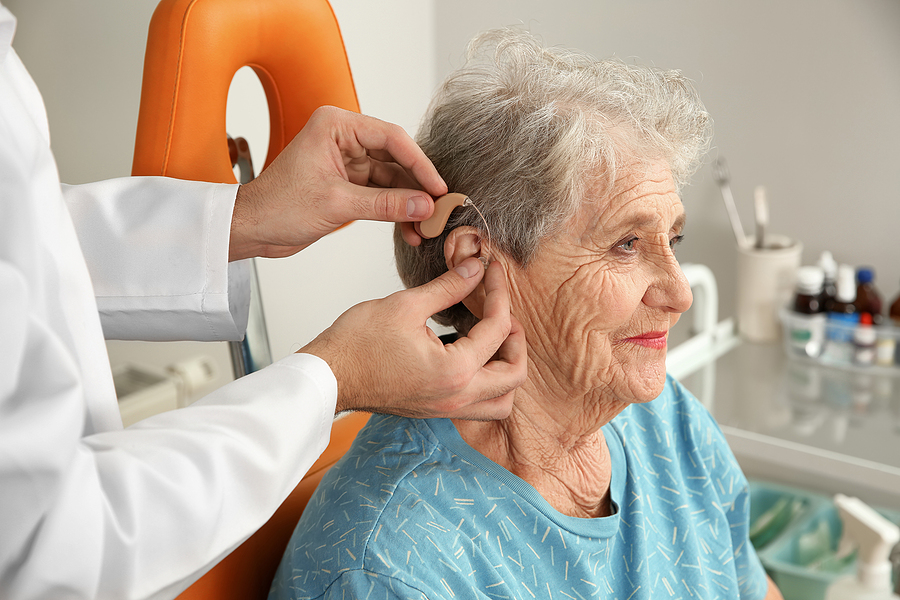Hearing loss is a common problem among seniors, with nearly a third of people over the age of 65 experiencing some level of hearing impairment. Unfortunately, many seniors choose to ignore their hearing problems, believing it to be a normal part of aging. However, untreated hearing loss can have serious consequences, including social isolation, depression, and cognitive decline. That’s why it’s important for seniors to visit an audiologist for regular hearing assessments. In this blog post, we’ll discuss why seniors should visit an audiologist and what to expect during the appointment.
Understanding the Importance of Regular Hearing Assessments
As we age, our hearing ability tends to decline. The earlier hearing loss is detected, the easier it is to treat. Regular hearing assessments from an audiologist can help seniors identify hearing loss and receive appropriate treatment. During the assessment, the audiologist will evaluate the degree and extent of hearing loss and recommend a course of treatment. They may recommend hearing aids, cochlear implants, earwax removal, or refer the patient to a specialist for further diagnosis. This helps seniors maintain their independence and improve their quality of life.
What to Expect During the Appointment
The appointment begins with a review of the patient’s medical history, followed by a physical examination of the ears and a hearing test. The patient will listen to a series of tones and be asked to identify when they can hear them. The test is painless and usually takes around 30 minutes to complete. The audiologist will then discuss the results and recommend a course of treatment if necessary. They may also discuss hearing conservation strategies to prevent further damage.
Hearing Aids

Hearing aids are a common solution for seniors with hearing loss. The audiologist will recommend the most appropriate hearing aids for the patient based on their hearing loss, budget, lifestyle, and personal preferences. The audiologist will make any necessary adjustments to the hearing aids after they are fitted, and the patient will receive training on how to use and care for the hearing aids.
Communication Strategies
In addition to recommending hearing aids, the audiologist may help the patient develop communication strategies to improve their ability to hear in different situations. This might include strategies for communicating with hearing-impaired individuals, techniques for managing background noise, or tips for using assistive listening devices.
Follow-up Care
Finally, audiologists will schedule follow-up appointments to monitor the patient’s hearing and make any necessary adjustments to their treatment plan. The frequency of follow-up appointments will depend on the degree of hearing loss and the type of treatment. Regular appointments can help seniors maintain hearing aid efficacy and reduce the risk of further hearing loss.
Visiting an audiologist is critical for seniors who want to maintain their hearing and independence. During the appointment, the audiologist will evaluate hearing loss, recommend treatment, and provide the necessary support to help seniors improve their quality of life. Seniors who have untreated hearing loss should make an appointment with an audiologist soon to receive timely and appropriate treatment.
Written by: Brooke Chaplan
About the Author: Brooke Chaplan is a freelance writer and blogger. She lives and works out of her home in Los Lunas, New Mexico. She highly recommends looking into residential eating disorder treatment if you believe you or a loved one has an eating disorder. For more information, contact Brooke via Twitter @BrookeChaplan.








